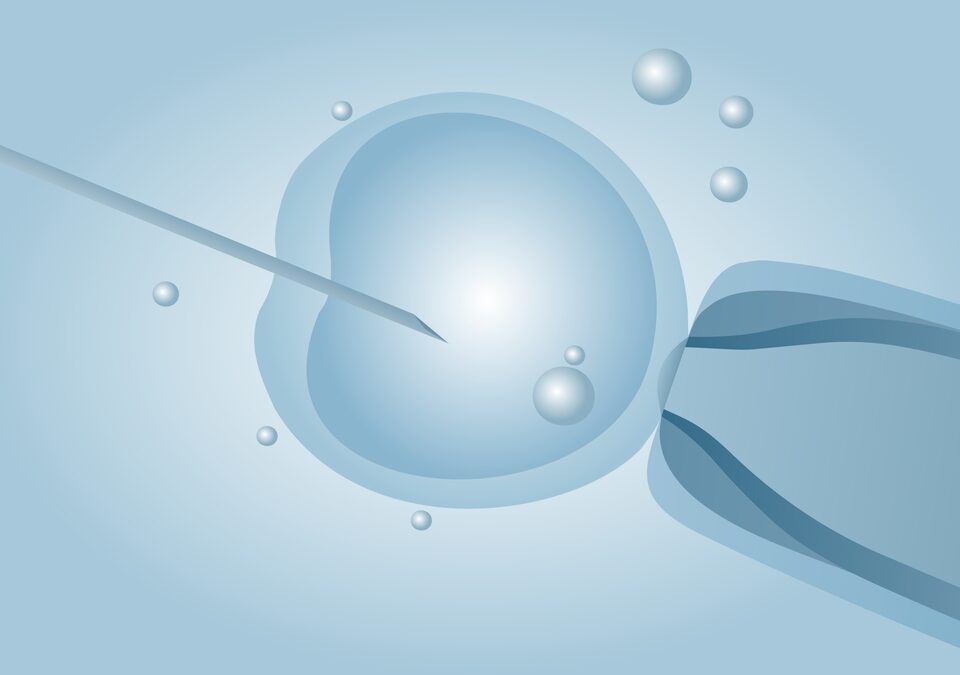Lawsuit alleges infertility doctor uses own sperm to inseminate patients
November 8, 2016Missouri Appeals Court Rules Frozen Embryos are Property, Not Persons
November 25, 2016A former Verizon employee filed a lawsuit against her employer alleging the company’s refusal to pay for her maternity leave benefits. Marybeth Walz required a surrogate to carry her child after losing her uterus to cervical cancer in her late twenties.
In 2013 Walz’s sister-in-law carried and delivered her twin sons. Born premature, the first boy passed away within 24 hours, and the other, at six months of age.
According to Kathleen O’Brien of NJ Advanced Media, “Walz’s lawsuit said Verizon officials were initially congratulatory in 2013 when she told them she was expecting twin boys. When they learned the pregnancy was carried by a surrogate, however, they said she wouldn’t qualify for a paid leave, the lawsuit alleges,” O’Brien reports. She continues, “Walz said the ultimate irony was that if she had adopted a child, Verizon would most likely have given her not only a paid maternity leave, but also $10,000 toward her adoption expenses.”
The type of lawsuit Walz filed isn’t unusual. Other plaintiffs have alleged nonpayment of maternity leave benefits after their child was born via surrogacy, including a Massachusetts case which was settled in 2011.
“The case raises intriguing questions about how businesses handle atypical pregnancies, according to legal experts,” O’Brien reports. “Should someone whose eggs produce a child born of another woman be eligible for a paid maternity leave? And is the inability to become pregnant considered a pregnancy-related disability?”
In an age where individuals can become parents through alternative reproductive techniques, “maternity leave” should be properly viewed as a time for parent-child bonding. To deny a new parent and their baby of this privilege because of “human resources department policies” is nonsensical.
As the United States continues to catch up in granting benefits and rights for progressive family building, other countries are strides ahead. In 2015, the United Kingdom granted intended parents a type of “parental leave” similar to that available to those who have become parents through adoption. In Australia, a new parent through a surrogacy arrangement can be eligible to receive paid parental leave if they are deemed the child’s long term “primary carer” and became one before their child turns one-year-old.
As for the Walz case, Verizon has not issued a public comment nor filed a response to her lawsuit.



